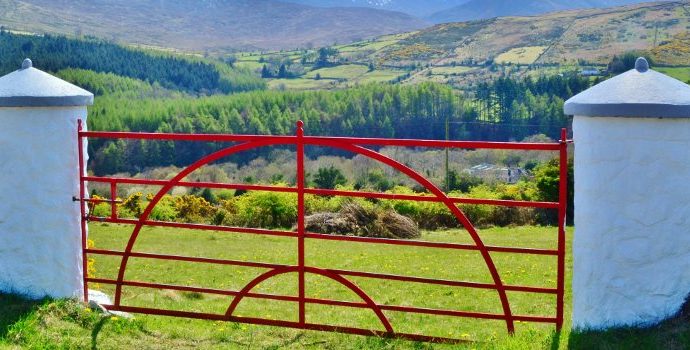Dairy Qas Scheme Vital for Industry, but Must Be Practical

IFA National Dairy Committee Chairman Kevin Kiersey said that recent events in the meat industry had shown the value to the beef sector and to farmers of a robust quality assurance scheme. He said quality assurance would be equally vital for the dairy sector in light of our ambitions to expand and capture markets internationally. However, it was essential that a dairy scheme would be adapted to the realities on dairy farms, and result in improved milk prices for dairy farmers.
“IFA is one of the stakeholders involved in the Technical Advisory Committee established by Bord Bia to help them design the proposed new dairy QA and Sustainability scheme, together with other farm organisations, ICOS, industry representatives, the Department of Agriculture, Teagasc, the FSAI and of course Bord Bia,” Mr Kiersey said.
“In negotiating the requirements of the scheme, we have been able to obtain recognition of the specificities of the dairy sector. Unlike beef and lamb, milk is a perishable liquid collected from several farmers into the same tanker, and it is not open to dairy farmers to sell their milk to a different purchaser at short notice. While the scheme is a voluntary one, it will be difficult for a farmer to choose to stay out of it if his co-op participates. These realities have important implications for the way in which compliance with a QA scheme is to be handled, and the majority of farmers must find the requirements manageable. Thanks to IFA interventions, this is now recognised, and every dairy farmer will be given every opportunity to qualify under the scheme”.
“We have been able to obtain the removal of many unreasonable or unrealistic demands. To avoid duplication of inspections, Bord Bia and the Department of Agriculture have also agreed that the QA audit would replace dairy hygiene inspections currently being carried out by co-ops on behalf of the Department, though co-ops would retain the final say on the matter,” he added.
The scheme will include the measurement on participating farms of key performance areas relating to sustainability (water and energy usage, biodiversity, etc.). The information will not be scored, but will be conveyed back to farmers to help them improve and save money in the process.
“There is still work to do, and we welcome the consultative approach lately adopted by Bord Bia, which will see detailed presentations made to all co-op boards, and all stakeholders partake in pilot audits to verify how the requirements of the scheme will be applied. It is essential that the industry, which has demanded the introduction of this scheme, together with Bord Bia, actively communicate the need for this scheme and its benefits to farmers, highlighting how it will help the Irish dairy industry compete internationally for more lucrative markets, and return better milk prices” he concluded.




